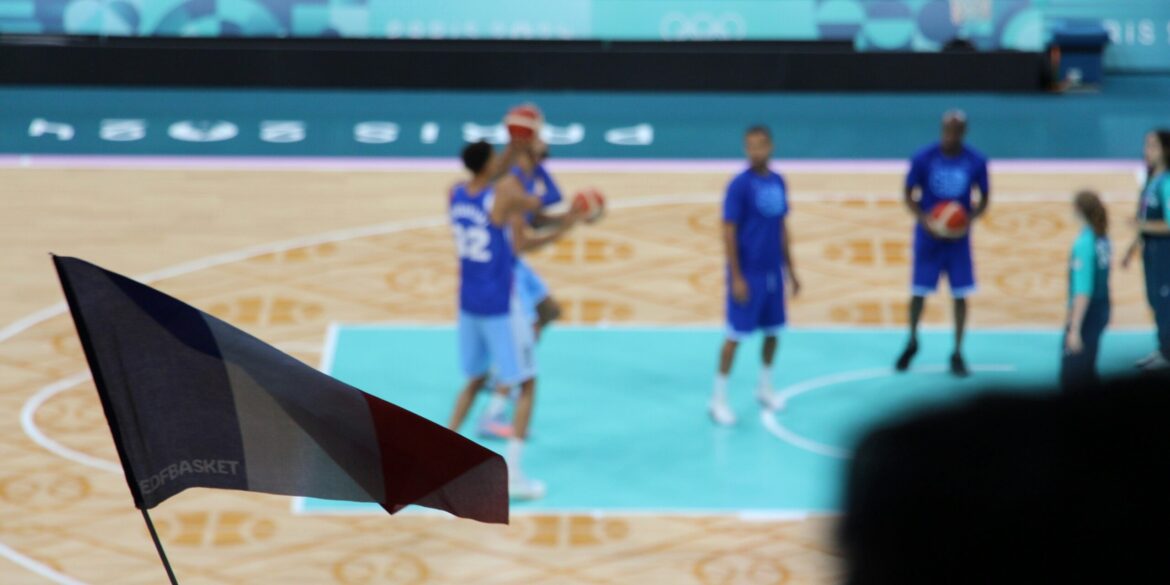On the evening of November 12, 2025, the Miami Heat hosted the Cleveland Cavaliers in a regular-season NBA matchup that ended in a convincing 130–113 defeat for the home team. While the Heat’s starting unit held its own for much of the first half, the loss ultimately spotlighted a recurring issue that has plagued the team early in the season—lack of depth and production from the bench. In the aftermath of the game, local analysts and fans alike have turned their attention to what the performance says about the team’s long-term prospects.
The Heat kept pace with Cleveland in the early going, trading baskets and maintaining a tight scoreline through much of the first two quarters. Key starters such as Jimmy Butler, Bam Adebayo, and Tyler Herro shouldered the offensive burden, with Butler contributing steady scoring and Adebayo continuing to anchor the interior defense. However, once the rotations began and the second unit was introduced, the game began to slip away from Miami.
A critical stretch came in the third quarter when the Cavaliers mounted a 17–4 run that broke the game open. During this period, Miami’s bench struggled to defend effectively or generate consistent offense, allowing Cleveland to seize momentum and stretch the lead. From that point onward, the Cavaliers maintained control, capitalizing on Miami’s stalled offense and lack of energy from its reserves.
Cleveland, for its part, demonstrated why it remains a dangerous and rising team in the Eastern Conference. With balanced contributions from both the starting five and the bench, the Cavaliers kept up a fast pace and exhibited a level of cohesion that Miami could not match on the night. Darius Garland and Donovan Mitchell led the scoring charge, while the Cavaliers’ supporting cast provided valuable minutes that kept pressure on Miami throughout the contest.
For Miami, the loss goes beyond a single poor performance—it serves as a reflection of structural issues that could have larger implications. The Heat have aspirations to contend in the Eastern Conference, building on a culture of toughness, playoff experience, and elite coaching under Erik Spoelstra. Yet, as the November schedule intensifies with more games and limited recovery time, the thinness of the rotation becomes a critical concern.
This isn’t the first time Miami’s second unit has failed to deliver this season, but the Cleveland game served as one of the more glaring examples. Players like Duncan Robinson and Kevin Love have yet to find consistent rhythm off the bench, and younger talents, while promising, haven’t been able to fill the gap in scoring or defensive pressure. The disparity in production between Miami’s starters and reserves is placing added strain on the top players, who already carry a heavy workload.
Coach Erik Spoelstra, known for his ability to adapt lineups and find unconventional solutions, will likely be forced to reevaluate his rotation in the coming games. Whether that means giving more minutes to untested players, adjusting substitution patterns, or even revisiting the team’s defensive schemes when bench units are on the floor, changes are expected. The pressure is on not only to compete game-to-game but to maintain consistency across a physically demanding stretch of the season.
Miami fans are growing anxious for answers, particularly with a string of home games coming up that could either stabilize the team’s standing or deepen existing concerns. Given the team’s recent history of peaking in the postseason despite regular season ups and downs, there remains cautious optimism that adjustments can be made. However, if bench production doesn’t improve soon, the front office may have to consider personnel changes, whether through trades or signings, to reinforce the roster before the season progresses too far.
In contrast, Cleveland walks away from the matchup with added confidence. Their balanced approach and ability to exploit mismatches demonstrate a depth that could prove critical in the playoff race. For Miami, the November 12 loss is a warning sign that internal changes are needed to maintain competitiveness—and that depth, not just star power, will determine how far they can ultimately go this season.

